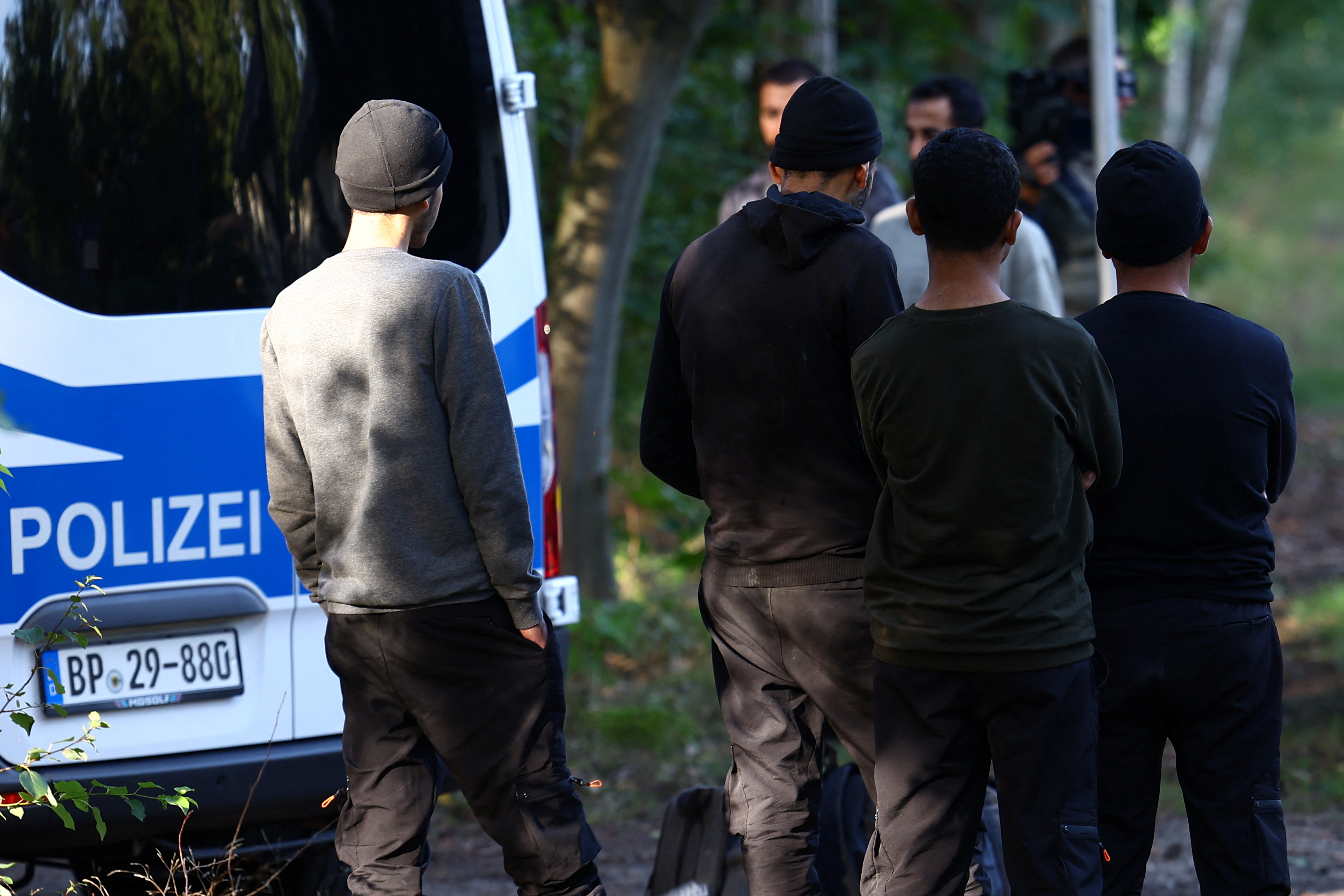Poland accused Berlin and Brussels of imposing a migration “diktat” on the European Union and Hungary said the bloc was forcing through a deal as EU leaders gathered to tackle the growing number of immigrants from the Middle East and Africa.
The EU summit in the Spanish city of Granada is seeking ways to bring down the number of refugees and migrants arriving in Europe outside of regular border crossings, something Italy, Spain and Germany are especially concerned about.
But the bloc remains at odds about how to share out the task of providing for those who make the journey. A long-stalled deal between member states came together last week despite opposition from populist governments in Poland and Hungary.
The top migration official in the EU, home to 450 million people, last week said there had been 250,000 irregular arrivals so far this year – far below 2015, when more than a million people made it across the sea, overwhelming the bloc.
But the matter is politically sensitive and anti-immigrant rhetoric and policies are on the rise in some EU countries ahead of continent-wide European Parliament elections next June.
Arriving at the talks, Hungary’s anti-immigration leader, Victor Orban, said unanimity on migration was impossible because the EU had left Hungary and Poland out of the deal.
“If you are… forced to accept something you don’t like, how would you like to have a compromise and agreement? It’s impossible,” Orban told reporters.
Polish Prime Minister Mateusz Morawiecki complained that the EU was forcing his country to accept illegal migrants or face fines.
“I will tell the session today that Poland squarely rejects that, first and foremost because of the security of our country,” he said.
On Wednesday, 22 EU states sealed a deal on how to handle irregular immigration at times of exceptionally high arrivals, taking a step towards overhauling the bloc’s asylum and migration rules.
The agreement must now be negotiated further with the European Parliament. While it cannot be formally blocked by Poland and Hungary, their staunch opposition raises questions about how effectively any final deal can be implemented.
‘COMMON POSITION’
Italy and Spain have voiced concern over sea arrivals increasing this year, while Greek waters in June were the site of Europe’s deadliest shipwreck in years, killing hundreds of migrants.
Since the weekend, more than 1,000 migrants have arrived in the small island of El Hierro in Spain’s Canaries, which has a population of 11,000.
Germany, the preferred destination country for many of the migrants reaching Europe, has introduced border checks, saying they are needed to crack down on people smugglers.
The EU’s foreign policy chief, Josep Borrell, said the bloc needed to address the root causes of migration by helping origin countries tackle poverty and empower women.
“The EU has to offer a common position,” Borrell said. “It seems that there finally is an agreement on that. Today certainly we can agree on a common foreign and security policy.”
Germany reported a nearly 80% rise in asylum requests this year, a concern for the centre-left ruling coalition ahead of regional elections in the states of Bavaria and Hesse on Oct. 8.
Neighbouring Poland will hold a national election a week later, on Oct. 15.
Warsaw and Budapest refuse to host the Mediterranean arrivals, although Poland has given shelter to several million Ukrainians who fled Russia’s February 2022 invasion.
Other central and eastern EU countries have also put up border controls inside what is normally a zone of open travel, citing the need to crack down on people smugglers and migrants who avoid regular border crossings and arrival procedures.
European Parliament head Roberta Metsola said the EU had a realistic chance for an agreement on migration – albeit without unanimous consensus – for the first time in nearly a decade after the bloc’s asylum and migration system collapsed in 2015.
“Election after election, migration tops our citizens’ concerns,” she said. “There is no silver bullet, but let’s not kill this pact before we adopt it. I think we owe our citizens that.”







Click here to change your cookie preferences